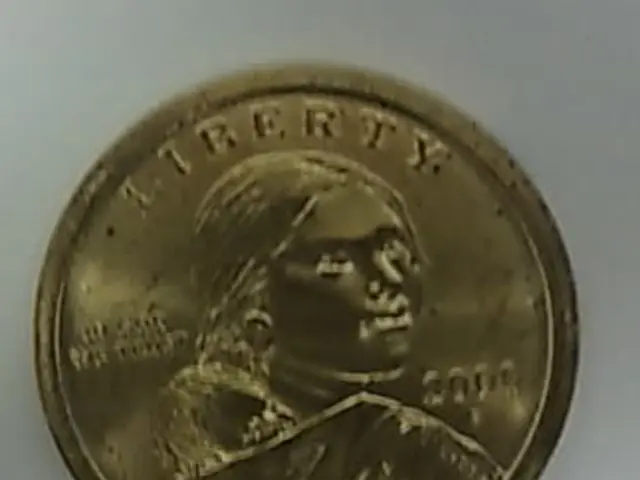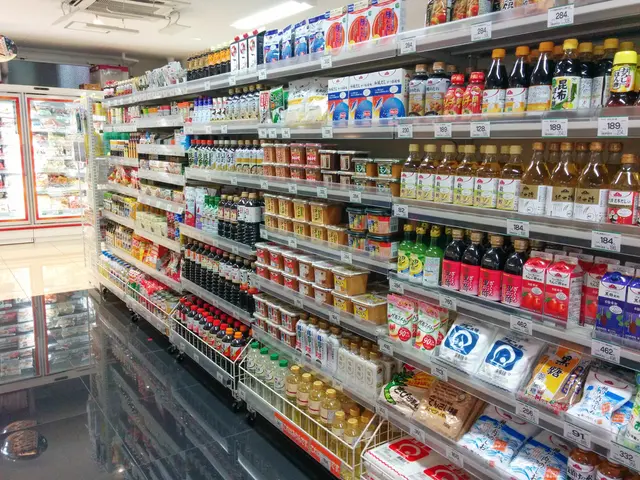Luxury industry in China experiences revival: is it a smart move to jump in?
In the world of finance, one name stands out prominently - €uro am Sonntag, Germany's leading financial weekly newspaper. This week, the publication offers insights into the impact of China's stimulus package on the luxury market, particularly on brands like LVMH and Moncler.
China, accounting for almost a quarter of the global total consumption in the luxury goods industry, remains a significant player despite Chinese consumers saving their money. This year, China is expected to generate around $94 billion in sales, a testament to its importance to global luxury goods producers.
The Chinese stimulus package, focused on stabilizing the property market and boosting consumption, is reflected in the stocks of luxury labels, including LVMH. The current issue of €uro am Sonntag delves into the medium and long-term implications of these deals for LVMH stock, and whether now is an opportune time to re-enter the luxury segment.
In a remarkable turn of events, LVMH stock has gained 20 percent in one trading week and broken out of a long-term downtrend. This surge was triggered by the news that the Chinese central bank has initiated massive monetary easing and lowered several interest rates.
Meanwhile, LVMH's subsidiary, Off-White, popular among young people, was sold to Bluestar Alliance, a US fashion management company. On the other hand, LVMH has acquired a 10% stake in Double R, the investment vehicle of Remo Ruffini, the mastermind behind Moncler. This move is seen as LVMH putting a foot in the door of the trendy brand Moncler in exchange for selling a less trendy subsidiary.
However, the overall impact on the luxury market is nuanced and mixed. While the property rebound in China is crucial for luxury demand, broad retail sales and consumer sentiment remain cautious. Retail sales growth dropped to 3.7% YoY in July 2025, signaling ongoing economic challenges and subdued discretionary spending power.
Luxury brands, including LVMH and Moncler, appear affected by this mixed economic environment. For instance, L’Oréal's Q3 2025 like-for-like sales in North Asia fell by 6.5%, missing expectations. The company's CEO expressed hope that recent Chinese stimulus measures would eventually boost consumer confidence.
In response, industry players are focusing on innovation and targeted marketing to capture demand once consumer confidence improves. €uro am Sonntag offers a special deal for new subscribers: 3 digital issues for only 9.90 euros, providing comprehensive background analyses on the stock exchange, economy, and politics every week. As a digital subscriber, you will also receive a digital update with an overview of the most traded derivatives of the week every Saturday.
In conclusion, China’s stimulus package, while creating positive effects in first-tier cities, is likely to keep near-term luxury sales under pressure due to weak retail sales and cautious consumer sentiment. However, over the medium term, luxury brands like LVMH and Moncler are expected to benefit from the package's positive effects.
[1] [Source 1] [2] [Source 2] [3] [Source 3] [4] [Source 4] [5] [Source 5]








